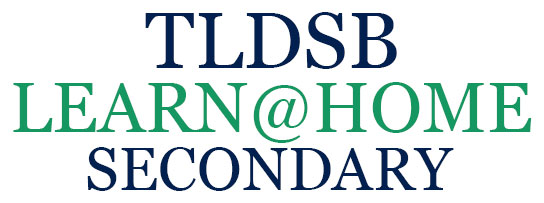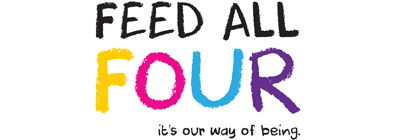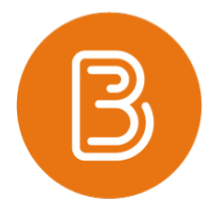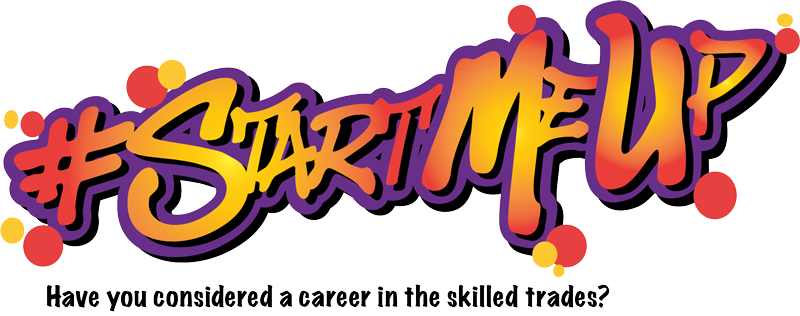Hello, BooZhoo, Aanii, She:kon,
The following pieces of student work have resulted from learning and discussions surrounding the Ontario curriculum expectations.
Samples of student assignments:
Write-up about artwork & Artwork
Journal Entries & Photo Essay2
Curve Lake: Culture, Issues, & Solutions
Stay tuned for more postings: this page is a work in progress.
Courses offered at LCVI are listed below.
NBV3ER Grade 11, Aboriginal Beliefs, Values & Aspirations in Contemporary Society (Workplace)
Prerequisite: CHC2DR, CHC2PR, CHC2LR
This course focuses on the beliefs, values, and aspirations of Aboriginal peoples in Canada.Students will examine issues of identity facing Indian, Métis, and Inuit peoples, and their relationships to land and nature, as well as to one another within their communities and working environments. Students will also learn how traditional and contemporary beliefs and values influence the present-day aspirations and actions of Aboriginal peoples.
NDA3MR Current Aboriginal Issues in Canada (University/College)
Prerequisite: CHC2DR or CHC2PR
This course focuses on existing and emerging issues of importance to Aboriginal peoples in Canada. Students will investigate issues related to identity, relationship among Aboriginal peoples and between Aboriginal peoples and other Canadians, sovereignty principles as presented by Aboriginal peoples, and the contemporary challenges posed by these issues. Students will also examine such topics as language preservation, the responsibilities of Aboriginal women and men, and the need for dialogue between Aboriginal and non-Aboriginal peoples.
NDG4MR Grade 12, Aboriginal Governance: Emerging Directions (University/College)
Prerequisite: Any Grade 11 university, university/college, or college prep course in Native studies
This course investigates how Aboriginal governments exercise authority and demonstrate responsibilities associated with governance in Canada. Students will explore Aboriginal world views regarding identity, relationships among Aboriginal peoples and between Aboriginal peoples and other Canadians, and Aboriginal definitions of sovereignty. Students will also compare traditional and contemporary forms of Aboriginal governance and will examine Aboriginal and Canadian relations, focusing on empowerment and the inherent right to self-government.
Indigenous Studies at
Trillium Lakelands District School Board
TLDSB’s Puzzle Peace: Aboriginal Education – numerous interesting links to peruse.
TLDSB’s First Nations, Metis, and Inuit Twitter feed
http://tldsb.ca/programs/aboriginal-education/
The Guiding the Way campaign and philosophy has been the Board’s way of promoting both Aboriginal education and voluntary self-identification throughout the district. We also have a voluntary self-identification brochure that is available to all students and families.
http://tldsb.ca/wp-content/uploads/2013/07/TLDSB-ABO-ED-bro9.pdf
Trillium Lakelands District School Board is committed to engaging First Nation, Métis, and Inuit students by integrating their cultures in the curriculum and the school community.We work to support success for Aboriginal learners by increasing awareness of the learning styles of Aboriginal students, and increasing understanding of First Nation, Métis and Inuit cultures, histories, and perspectives.
For information on Aboriginal Education in Ontario, see here.
For information on local resources and connections to Indigenous culture, see here.
For further research, see here.
For post-secondary studies and scholarship information, see here.






